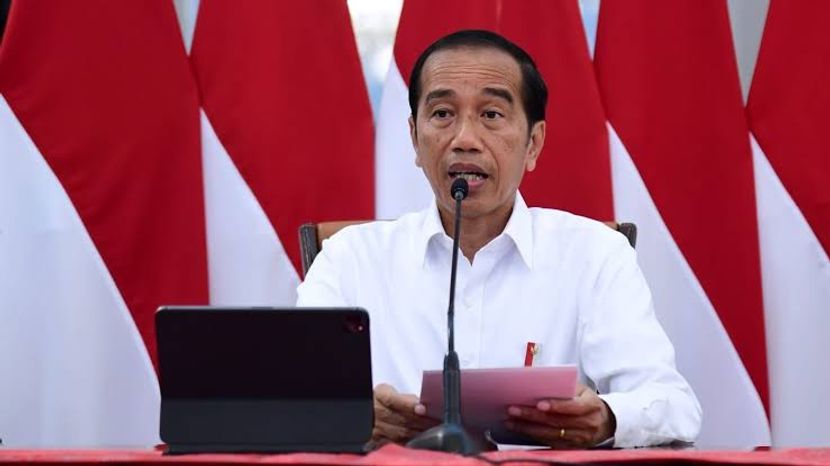Indonesian government plans to tax processed foods for health reasons

The Government of President Joko has enacted new health-related regulations, one of which is the imposition of an excise tax on processed foods, including ready-to-eat processed foods. This provision is contained in Article 194 of Government Regulation No. 28 of 2024 No. 17 of 2023 on the Regulation on the Implementation of the Health Law.The Central Government may determine, in accordance with the provisions of the law, the imposition of excise duty on certain processed foods, which are foods or beverages that are processed in a certain manner or by a certain method, with or without the addition of additional ingredients. Meanwhile, ready-to-eat processed food means food and/or beverages that have been processed and can be served directly at or outside of a place of business, such as food services provided in a catering, hotels, restaurants, cafeterias, canteens, street vendors, mobile food stores and mobile food vendors, or similar enterprises. The Director General of Communication and Service User Guidance of the Department of Finance and Customs (DFAC) said that the provisions in the PP are still only based on the recommendations of the Department of Health (DOH), and that the DJBC has not yet conducted a study on processed commodities as New Dutiable Commodities (BKCs).
Nilwala explained that to be a research material for the new BKC, of course, it must be approved by a congressional committee and then included in the National Budget Law (UU APBN) in the year of budget implementation. So no studies have been conducted yet, and those that have been studied and proposed to become BKCs are packaged sweetened beverages, not various junk foods. However, he also reminded that there are at least four criteria for goods on which the government can impose excise tax, namely: consumption needs to be controlled, distribution needs to be monitored, negative impact on the environment and public health, and for the sake of justice and balance. As for processed foods, the DOH defined them in the PP as commodities that need to limit the content of sugar, salt and fat (GGL). In order to control the consumption of sugar, salt and fat, the central government has set maximum limits for sugar, salt and fat content in processed foods, including ready-to-eat processed foods. However, he re-emphasized that since taxable commodities have taxing implications, they must first be discussed with the DPR. Since this is a tax on the community, it has to be discussed with the DPR, so there is a condition that even though it meets the criteria of the BKC, if it is not approved by the DPR, it will not work.

